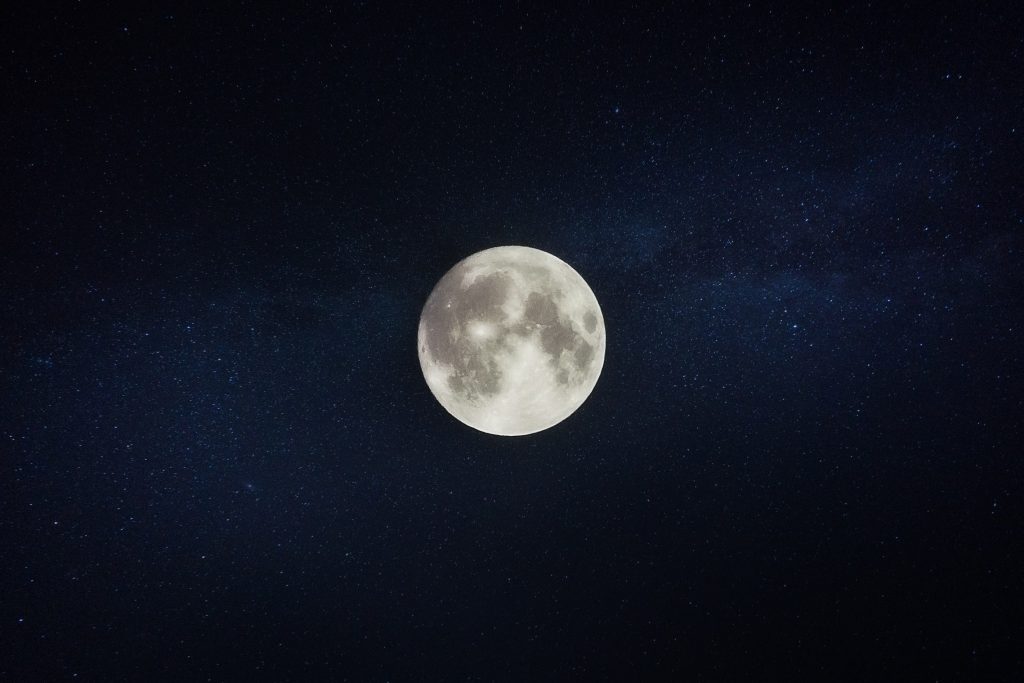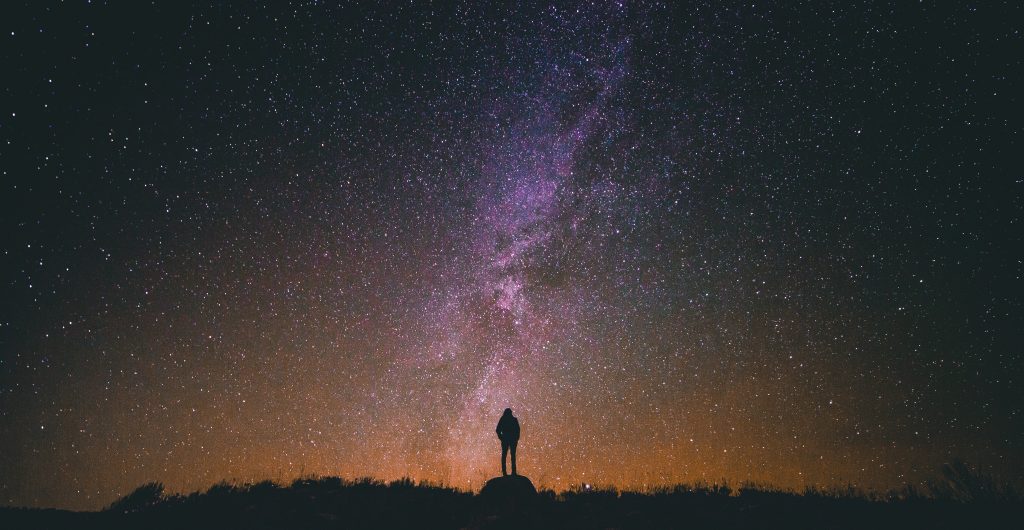The moon has been headline news for days. This is a strange phenomenon for our demure neighbour, whose nightly changes are one of earth’s quiet constants.
It’s to be expected that we would mark the fiftieth anniversary of the moon landing, but there was another landing of equal importance that occurred a few days after the lunar one: the astronaut’s landing back on earth.
Those who were alive fifty years ago often recall where they were when Apollo 11 landed on the moon. Although my husband doesn’t remember it, he has been told that when the moon-lander touched down he and his twin were jostling for room in their mother’s womb. Those bouncing steps of Neil Armstrong on the moon are forever imprinted on our minds, whether we were alive to see the broadcasts, or have only seen replays of that remarkable event.
Armstong’s words ‘that’s one small step for man, one giant leap for mankind’ were truer than we realised. It took ten years and the efforts of almost a half a million people to get two men walking on the moon. Those astronauts represented us all, pushing the limits of what we know with their moon-booted feet, seemingly transcending earthly, human limitations by reaching for the stars and meeting with success.

Such an everyday thing to do, to walk. It is one of the early milestones of a baby in the year or so after being born, and one of the first verbs learned by anyone learning a language. And yet, how very profound, to engage in that simple movement of walking, there, on the moon.
Of course, after the astronauts fulfilled the mission of Apollo 11, they did what all travellers must do at the end of a trip, they packed up their things, went home, and left some stuff behind. Not many people may have noted where they were when the astronauts returned to earth and took their first steps back here, but their landing on terra firma is just as profound as any lunar one. The return to earth reminds us that even in our most sublime moments, we are earthed beings. From the earth we came and to the earth we will return. And yes, there’s a double meaning in that.
While the moon landing elevated the human act of walking to something profound, the return to earth did its partnered opposite; it brought it all back down to earth, including all vaulted notions of what humans are able to achieve. We may be able to get ourselves to the moon, but eventually we have to come back down to reality and see things, and ourselves, as they really are.
As is well documented, the return to earth was fraught for a number of the astronauts following the Apollo missions. It is not easy to marry the heights of what we are capable of or have achieved with the depths of sorrow or the muck and mire of the daily grind. Such heights and such depths would seem to be incongruous.
This paradox was elegantly knit into words by Shakespeare and placed in the mouth of Hamlet as he puzzled over human nature, marvelling ‘what a piece of work is man, how noble in reason, how infinite in faculty’, and yet, ‘what is this quintessence of dust?’
We are capable of wonderful things, and we are also dusty creatures leaving the smudge of our fingerprints on everything we touch.
This incongruity was also knit into the Apollo 11 mission. The ascent into space and successful landing and walk on the moon: what a piece of work is man. The return to earth and everyday life: yet what is this quintessence of dust? We are capable of wonderful things, and we are also dusty creatures leaving the smudge of our fingerprints on everything we touch, and to deny either quality for the sake of the other only creates a lopsided view of being human.
Fifty years on from the moon landing we continue to explore and pursue the outer limits of things, both in the vastness of space as well as in the microscopic regions of the human body. In recent years we have discovered a cosmos within us as vast as the galaxy and we’ve managed to capture the first photograph of a black hole. In almost any industry that one could think of, we continue to push the limits of what we ever thought possible. And this is equally true in our own individual daily habits and practices. We’ve created the endless universe of the internet and like astronauts, we launch ourselves into the ether countless times a day, setting our devices to infinite scroll.
But like the crew of Apollo 11, eventually we have to come down to earth. And when we do we must choose to know ourselves either by the light of the moon, in the pale shadow of our former accomplishments or in the bright light of day. Grounded. Earthed.
The words that Shakespeare used to express Hamlet description of human nature are, of course, an echo of ancient Scripture about what it means to be human. There are song lyrics in Scripture that are hauntingly relevant for any trip to the moon, or dive into the outer limits of a genome sequence, or long scroll through the internet. The poet writes that when he looks up at the night sky and sees the moon and the stars and the wonders of outer space, he marvels that God made humans ‘a little lower than the angels and crowned them with glory and honour’ (Psalm 8). And then, in another song about the tender love of God, he writes that God ‘knows how we are formed’ and ‘he remembers that we are dust.’ (Psalm 103] ).

It is God’s remembrance of the dusty nature of humanity that Christians believe led to the first earth landing a couple of millennia ago, when God touched down and earthed himself, becoming human in what believers understand to be his redemptive mission.
The landing of the astronauts back on earth speaks of the wonders of humanity as well as the need for humility in the pursuit of knowledge, and also echoes the story of a loving God who did not leave us in the dust but joined us in it, both under the moon and in the bright light of day.
Dr Laurel Moffatt is a Fellow of the Centre for Public Christianity.
This article first appeared in The Spectator.


